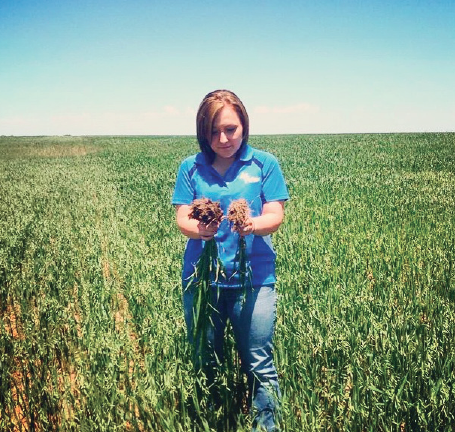- Candidates
- Login
- Set Up Account
- Create a Job Alert
- Search Tools
- Resources
- Employers
Overview
Weed scientists play an important role in managing vegetation. This may include identifying weeds and learning how to combat them or determining how herbicides interact with plants.

What responsibilities will I have?
What education and training is required?
A master’s or PhD in weed science, ecology, plant ecology, plant physiology, agronomy or soil science.
To pursue a career as a Weed Scientist:
The following high school courses are recommended: agricultural education, a focus on sciences such as biology, chemistry, environmental science, computer classes and public speaking.
Where can I work?
Weed scientist can work for universities and extension as well as agricultural chemical companies, nonprofits, private research companies and as a consultant.
Future Job Market/Outlook
The job outlook for weed scientist will be great over the next five years.
Suggested Professional Organizations and Associations